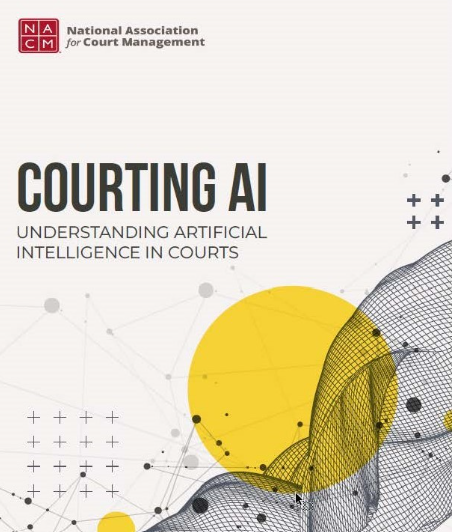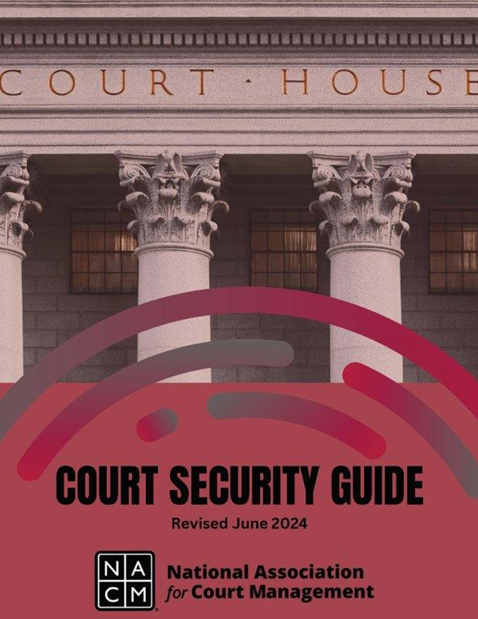Deadline Extension! New Pretrial, Prosecution, Defense Counsel, and Courts Mentoring Initiative Deadline Extended: February 14th, 2025, at 5:00PM EST.
The OJP Bureau of Justice Assistance (BJA) and RTI International are seeking mentor sites to share their best practices and expertise with diverting justice-involved persons with substance use disorders to community-based treatment or connecting individuals to treatment and support services during the pretrial and court adjudication phases of justice processing. This program is part of the training and technical assistance (TTA) resources available to jurisdictions through BJA’s Comprehensive Opioid, Stimulant, and Substance Use Program (COSSUP).
The Pretrial, Prosecution, Defense Counsel, and Courts Mentoring Initiative provides an opportunity for new or early-stage programs to be matched with experienced practitioners to promote peer-to-peer learning. The mentor sites serve as models for individuals and teams interested in starting a new practice or for established programs interested in learning innovative approaches.
Application: https://survey.alchemer.com/s3/8053368/Pretrial-Prosecution-Defense-Counsel-and-Courts-Mentor-Site-Application
#applicationdeadline #deadlineextension #COSSUP #courts #applynow #BJA






